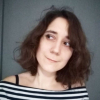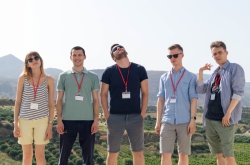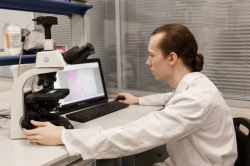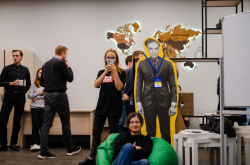The International Young Scientists Conference in Computational Science (YSC) focuses on research in the field of computer science, computer modelling, and big data. This year, the event was organized, among others, by ITMO’s National Center for Cognitive Research, the Foundation for Research & Technology – Hellas (FORTH; Greece), and the University of Crete (Greece).
Anyone could participate in the conference by submitting an article in English and then successfully passing two reviews by international experts. 2021 marked the tenth anniversary of the conference and the second time the event took place online. According to Alexandra Klimova, deputy dean of the Faculty of Digital Transformation and co-organizer of the conference, while last year there were doubts about the efficiency of the remote format, this year’s event completely eliminated them.
“We are hoping to have the chance to go back to the usual format, which can offer us a full social interaction experience. However, if the epidemiological situation remains the same, we will stick to the remote format. Over the last two years, it has proven to be a solid ground for effective communication,” says Alexandra.
Professor Angelos Bilas from the University of Crete, co-chair of the conference, shares this opinion.
“YSC’21 allowed a greater number of young scientists to talk about their research. Such events expand their worldview and allow them to deepen their knowledge and feel themselves a part of the academic community. Moreover, it’s a great opportunity to polish your public speaking skills alongside your career development,” says Prof. Bilas.
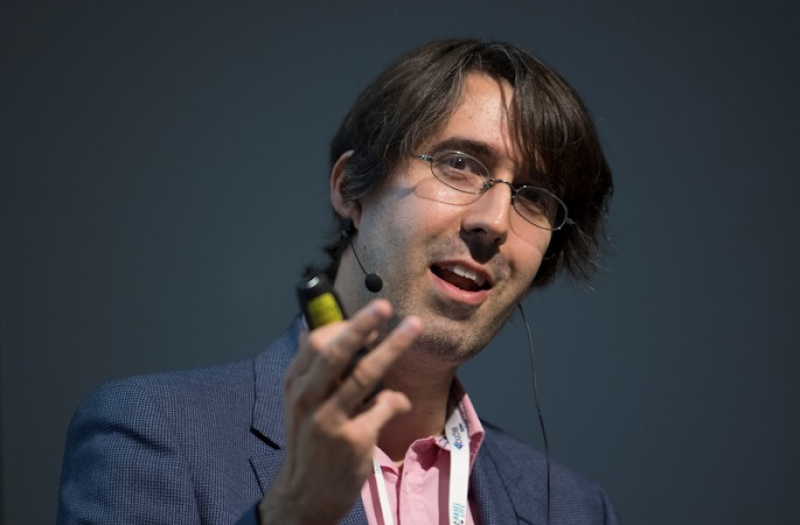
João Pedro de Magalhães. Photo courtesy of the subject
Professor João Pedro de Magalhães, PhD, head of the Integrative Genomics of Aging Group at the University of Liverpool (the UK) and one of the conference’s key speakers, also underlines the importance of communication.
“Learning from established researchers is helpful to young scientists in understanding the challenges and opportunities in research, and also becoming aware of the current state of the art in different computational methods and research fields. Therefore, I think participating in YSC is a useful learning experience, and it’s also important for networking, even if face-to-face meetings are more useful in that regard,” comments the professor.
The conference aims to foster collaboration and academic connections between researchers from different counties, particularly young researchers who are only starting on their way in science.
“Usually, these are Master’s and PhD students. For some of them, it’s their first international conference and of course it’s important for them to get feedback from the academic community, to establish connections with other participants, and feel like a part of the community. Moreover, it’s a chance to attend talks by world-class researchers and ask them questions,” adds Alexandra Klimova.
Some of the keynote speakers this year were Dr. Mike Lees, an assistant professor at Amsterdam University College (the Netherlands), Dr. George Kampis, a professor at Eötvös Loránd University (Hungary), and Aernout Schmidt, professor emeritus at Leiden University (the Netherlands).
Young scientists presented projects on a variety of subjects – from the fundamentals of data modelling to practical applications of AI in various fields. Apart from online sessions with lectures, the participants could also access video presentations of their counterparts and talk to each other during or after the conference.
This year’s participants represented over ten countries, including Russia, the Netherlands, the US, New Zealand, the Philippines, and Finland. All articles will be published in late 2021 in the Scopus-indexed Procedia Computer Science.
ITMO.NEWS reached out to the participants to get their impressions of YSC’21.
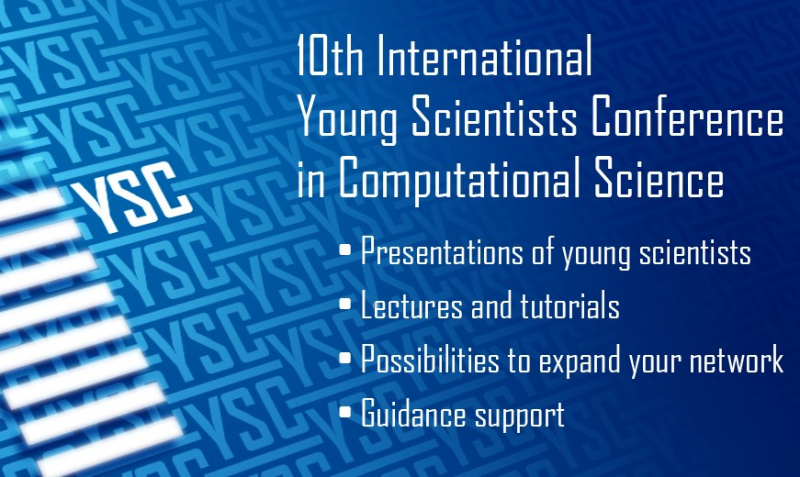
Credit: ysc.actcognitive.org
Ivo Wings, Maastricht University, the Netherlands
The research project we presented at the 2021 edition of the YCS was about skill extraction from human resource management (HRM) documents. The continuous growth of the online recruitment industry has made the candidate screening process costly, labour-intensive, and time-consuming. Automating the screening process would expedite candidate selection.
In recent times, recruiting has been moving towards skill-based recruitment where candidates are ranked according to their experience, competencies, and range of skill. Therefore, it is important to create a system that can accurately and automatically identify a candidate’s hard and soft skills from their CV or resume.
This was my first academic conference in general and it was a good introduction to the academic world. It was interesting to see all the different research projects from participants as well as the lectures given at the conference. There was a wide range of topics, which would be interesting for participants from many fields. In particular, I enjoyed the lecture titled Concurrent Indexes Supporting Complex Queries; it provided many insights for my professional and academic career.
Generally, I acquired valuable experience at the conference. It was interesting to go through every stage: from the first draft of an article to peer review. I encourage everyone to participate next year.
Hernan Alar, senior software engineer, International School Manila, the Philippines
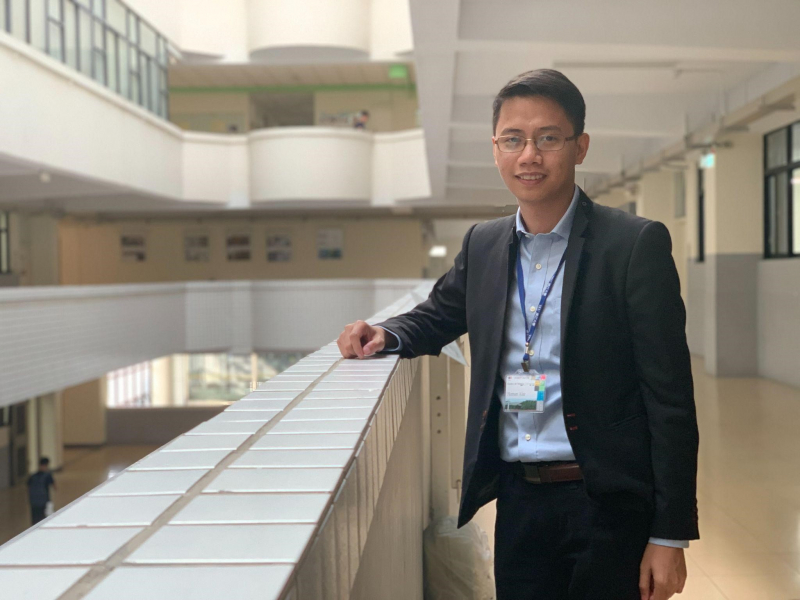
Hernan Alar. Photo courtesy of the subject
Our presentation focused on the proposal for a new algorithm for mosquito genus classification using the recordings of their wingbeats. We presented an approach that is simpler compared to the compute-heavy algorithms such as convolutional neural networks. The proposed approach is proven to be accurate and efficient as it requires less memory space while performing the training and predicting processes faster.
The conference offered a lot of very interesting and significant topics across a wide array of domains and applications. Topics such as agent-based modeling of complex systems and modelling of social complex systems are of great interest to me personally.
YSC is indeed very useful not just for my research career but also for my professional career in the IT industry. Topics such as concurrent indexes supporting complex queries are very applicable to my career as a senior software engineer. The overall experience has been very fulfilling and engaging. Thank you to the organizers for their great work!
Lyubov Elkhovskaya, a PhD student at ITMO University
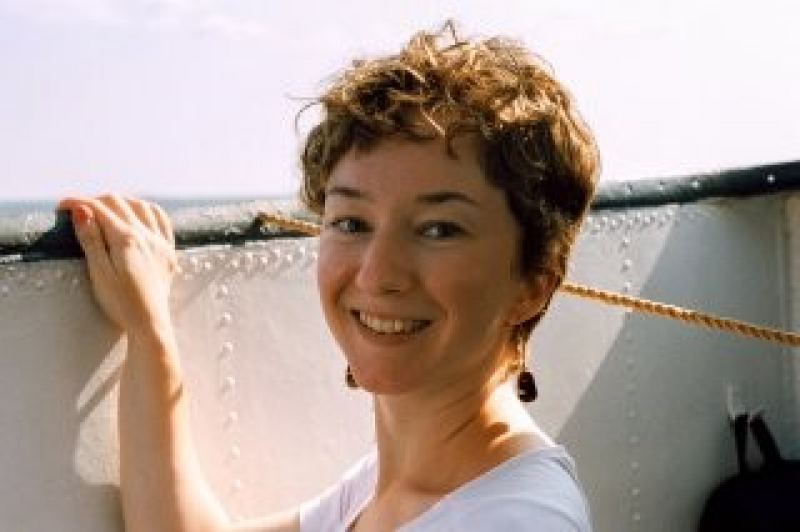
Lyubov Elkhovskaya. Photo courtesy of the subject
One of the major social and economic concerns in healthcare is hypertension control. Our study presents an idea for a hypertension monitoring system that can help avoid over-reaction to the measured changes in patient health.
We proposed new event-processing rules based on descriptive statistics and the average real variability and performed experiments in simulation to mitigate the risks that are common when studying complex systems in healthcare. We believe that our framework of event processing in simulation will be helpful in improving intelligent and complex monitoring and decision support systems.
YSC is a great start for fledgling researchers in computational science. The keynote talks and sections were interesting and insightful. I cannot fail to mention the fruitful discussion within natural language processing (NLP) studies we had on the second day of the conference. We addressed the issues of low-resource languages such as Bengali and considered existing ways of developing Russian corpora and their peculiarities for NLP methods. I look forward to discussing these topics offline next time!
The conference is very useful for young scientists. It provides valuable feedback and insightful comments on your research during the review process and your presentation. YSC is also an opportunity to get to know experts’ opinions, communicate with other researchers, and learn about state-of-the-art methods and current trends.
Anastasia Filatova, a graduate of ITMO’s Big Data and Machine Learning Master’s program, an engineer at the National Center for Cognitive Research
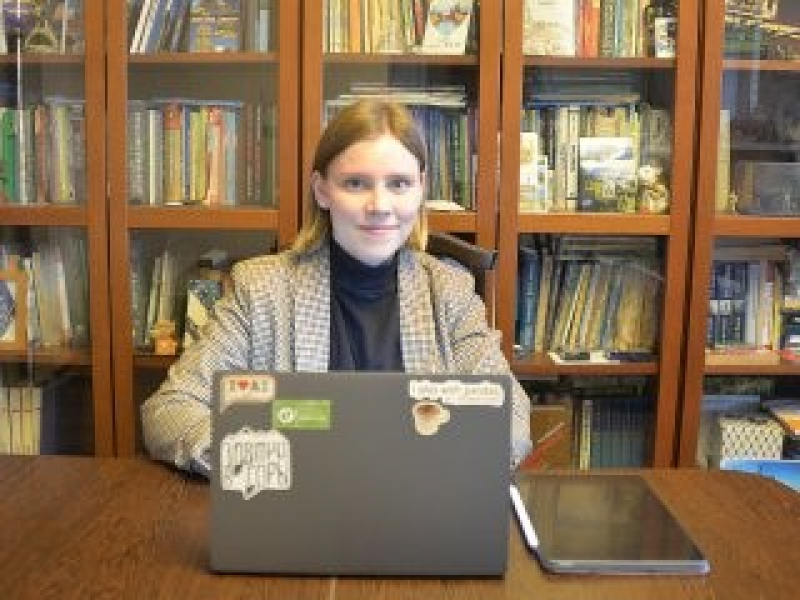
Anastasia Filatova. Photo courtesy of the subject
My research is devoted to the development of semi-automatic methods for analysis of urban environments based on social network data. Nowadays, social networks are one of the main means of communication and information exchange. Alongside traditional media, they, too, have become news sources and have an advantage in terms of the speed at which information is disseminated compared to traditional media. This makes them an excellent source for extracting information about how the city lives, what events are happening in different urban areas, and how residents react to them.
In my talk, I described the algorithms that allow us to determine which urban areas of St. Petersburg are popular among users and which are not based on the texts of Instagram posts and to analyze the structure of such urban areas by identifying their key qualities.
The conference turned out to be very eventful and included both lectures by young scientists and keynote lectures by experienced researchers and professionals in their fields.
Some keynote lectures were especially interesting and useful to me because they were related to the field of my scientific interests. For example, Dr. Mike Lees’ lecture on modelling social complex systems and a lecture by Dr. Janusz Hołyst on the peculiarities of the representation of social relations in the social systems analysis tasks.
However, other lectures were also interesting, as they allowed me to learn new things about popular areas of modern research in the field of computational science. I also found it very convenient that the talks by young scientists were grouped by topic. Thanks to this, the Q&A sessions turned into lively discussions during which I learned a lot of useful information from colleagues around the world who are working on related projects in the same field.
It was the first time I participated in a conference of this scale and it was very useful for me to go through all the stages that scientists usually go through, including writing an article, passing the review stage, and responding to reviewers' comments, presenting the results of my scientific work and discussing them with the scientists around the world. The feedback that I received allowed me to look at my study from other perspectives and I will definitely take it into account in my future work.

